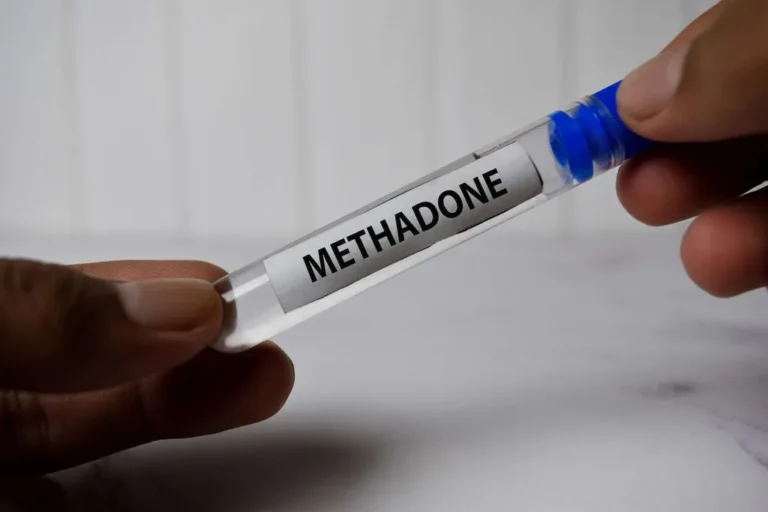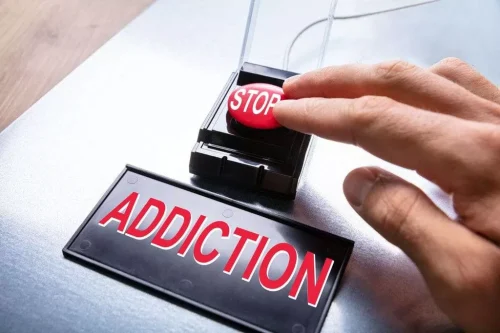Navigating Alcohol Consumption After Gallbladder Removal Dr Adam S. Harris, M.D.
Delving into these stages provides a more nuanced understanding of the comprehensive strategies employed in alcohol abuse treatment. Never hesitate to consult your healthcare provider about your beverage choices post-surgery. They can offer personalized advice based on your medical history and current condition. This not only helps you understand which beverages to avoid but can also be a useful tool when discussing your recovery with healthcare professionals.
This waiting period allows your body to start the healing process and for any inflammation to subside. Generally, it is recommended that you wait at least two weeks after gallbladder removal before you resume drinking alcohol. In contrast, Ms. Smith’s complete abstinence contributed to a smooth, uncomplicated recovery. The cases highlight that successful recovery is significantly improved by adhering to post-operative instructions, including responsible alcohol consumption or abstinence.
This is usually due to a post-operative complication such as a heart attack. There are no dietary restrictions once your gallbladder has been removed. So far, we’ve concluded that the gallbladder doesn’t have a direct role in alcohol metabolism. Although, contrary to earlier beliefs, a study from 2019 implied that moderate alcohol consumption actually decreases the risk of gallstone formation.
Right Upper Stabbing Side Pain, Back Pain, Nausea… No Gallbladder?
- Alcohol relaxes the lower esophageal sphincter, allowing acid and bile to flow back into the esophagus, resulting in heartburn or discomfort.
- After gallbladder removal, managing alcohol intake is important to avoid potential digestive issues and ensure overall well-being.
- If you’ve had your gallbladder removed, it’s important to understand how alcohol may affect your body differently.
- By taking care of your gallbladder, you contribute to your overall well-being and digestive health.
- Opioids, when combined with alcohol, can lead to respiratory depression and even death.
If you feel sick or have digestive problems after drinking, stop drinking alcohol and talk to your doctor. When you do start drinking, start slowly and pay attention to how your body feels. Regular check-ups are important to ensure your liver continues to function properly and to catch any potential issues early. Consider scheduling regular visits to monitor your health and accommodate any necessary lifestyle adjustments.
Increased or Decreased Alcohol Sensitivity Post-Surgery, No gallbladder and alcohol
After gallbladder removal, it’s recommended to avoid alcohol initially, but moderate drinking may be acceptable after recovery. The gallbladder, while part of the digestive system, doesn’t process alcohol. Alcohol metabolism mainly occurs in the liver with the help of the enzyme alcohol dehydrogenase.
By understanding personal health limitations and practicing moderation, individuals can make informed choices about their alcohol intake and gallbladder health. Managing a gallbladder removal often involves dietary adjustments, and alcohol consumption can sometimes be problematic. alcohol and gallbladder removal Similarly, understanding your body’s response to alcohol post-cholecystectomy is crucial for maintaining your well-being.
Excessive alcohol consumption can strain the liver, potentially leading to inflammation (hepatitis) or, in severe cases, liver damage. This discussion will cover the impact of alcohol on liver function, wound healing, and digestive health after gallbladder removal. We will explore common misconceptions, highlight the importance of individual variations, and emphasize the need for personalized medical advice before incorporating alcohol back into one’s lifestyle. The aim is to provide a balanced perspective, empowering readers to make informed decisions regarding alcohol consumption following their surgery.
Excessive alcohol use can worsen digestive and liver health issues, and individuals without a gallbladder may face increased vulnerability to the effects of alcohol. If you or someone you know finds it difficult to cut back, seeking help through Alcohol Addiction treatment may be beneficial. Consuming alcohol after gallbladder removal can sometimes lead to digestive issues. Therefore, maintaining a healthy lifestyle post-surgery, including mindful alcohol consumption, is crucial for overall well-being.
So, you got your gallbladder removed. Cheers?
Continue for 0.7 miles.Use the left lane to turn slightly left onto N Airport Way. Continue for 0.2 miles.Use the left lane to turn slightly left to stay on N Airport Way and proceed for 0.1 miles.Use the left 2 lanes to turn left onto MacArthur Blvd. Drive for approximately 1.1 miles.Use the right lane to merge onto I-405 S via the ramp to San Diego. Schedule a consultation today to speak with a BASS gallbladder specialist and explore your treatment options.
The absence of a gallbladder doesn’t necessarily exacerbate these conditions, but it doesn’t offer any protection either. Without the gallbladder’s bile storage, the digestive tract may be more susceptible to dietary changes. Alcohol can increase stomach acid and bile flow, worsening post-surgery symptoms such as gas, bloating, and diarrhea.
Nov Alcohol’s Impact on Gallbladder Health
- This condition is sometimes also called acalculous gallbladder disease.
- In addition, there is the risk of developing a bile leak or biliary stricture, which is a narrowing of the bile ducts.
- This is because alcohol interferes with collagen production, a crucial component of tissue repair.
- In fact, alcohol may actually help prevent gallstones from developing, according to research from 2019.
- The second diagram, “Liver without Gallbladder,” also begins with a healthy liver.
Gallbladder removal surgery, sometimes complicated by alcohol consumption post-operation, can leave individuals susceptible to various complications. Understanding and addressing this post-surgical pain is crucial for a full recovery after gallbladder removal, especially considering potential interactions with alcohol. While some studies suggest that moderate alcohol consumption may have a protective effect against gallstones, 4 this is not true for everyone.
Minimizing Liver Health Risks After Gallbladder Removal
This can lead to a more pronounced and potentially less predictable response to alcohol consumption. The altered digestion could mean a quicker onset of alcohol’s effects, or even a greater intensity of its effects. Since alcohol, alongside fatty, greasy, or food high in fiber become harder to digest without a gallbladder, this might manifest as gas, bloating, or diarrhea in a number of patients.
Guidelines for Alcohol Consumption Post-Surgery
Bile aids in the digestion of fats and helps to remove waste products from the body. Addressing periodontal disease can contribute to overall well-being, which is particularly important following gallbladder removal and when considering alcohol consumption’s effects on your health. Drinking after gallbladder removal requires being aware of the body’s response to alcohol. Keeping track of consumption and noting the body’s response can help people adjust how much alcohol they can tolerate. This tracking also can include noting all details of the types of alcohol and the amount consumed. Following gallbladder removal, the digestive system needs to reorganize how it functions.
Her recovery was uneventful, characterized by minimal pain and rapid healing. She was discharged from the hospital within 24 hours and resumed normal activities relatively quickly. She experienced no complications and reported a significant improvement in her overall well-being. This case highlights the positive correlation between alcohol abstinence and successful recovery following gallbladder surgery.




